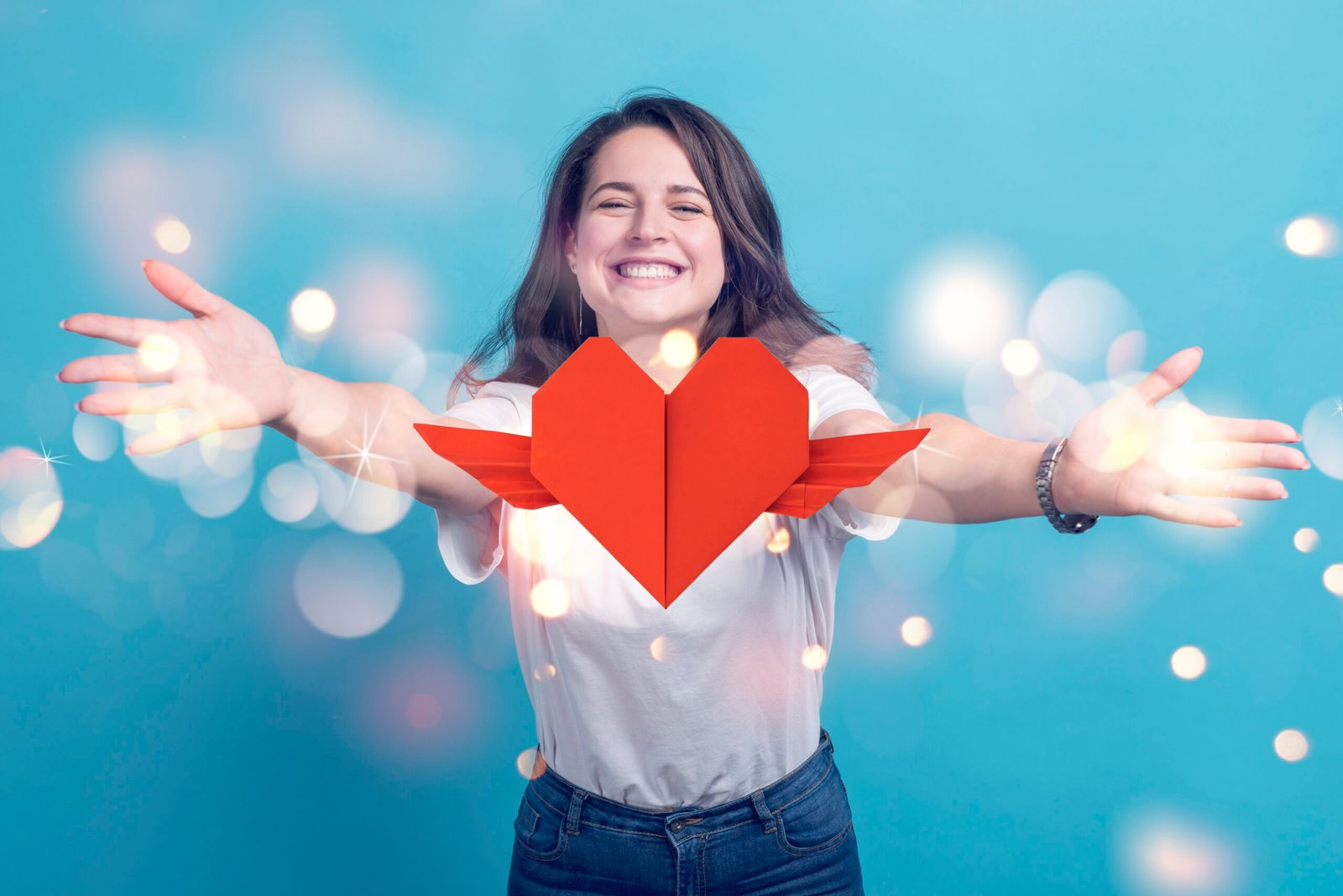
Self-awareness is the ability to clearly understand your thoughts, emotions, and behaviors. It helps you identify your strengths, weaknesses, motivations, and values—allowing you to make more conscious choices in life.
In today’s fast-paced world, self-awareness can be your internal compass. It guides your reactions, enhances emotional intelligence, and plays a vital role in personal and professional success.
Why Self-Awareness Matters
When you’re self-aware, you’re more in tune with how your actions affect others. It allows you to take responsibility, set healthy boundaries, and build stronger relationships. It also promotes mental clarity, reduced stress, and better decision-making.
Simple Ways to Practice Self-Awareness
1. Journaling
Writing your thoughts daily helps process emotions and identify recurring patterns in your behavior.
2. Mindfulness
Practicing mindfulness through breathing or meditation helps you stay present and become more aware of internal thoughts.
3. Feedback from Others
Asking trusted people for honest feedback can reveal blind spots and open doors to self-improvement.
4. Self-Reflection
Take time regularly to reflect on your actions and emotions. Ask yourself why you felt or acted a certain way.
Benefits Beyond the Self
Self-awareness doesn’t just benefit you—it strengthens how you relate to others. Leaders with strong self-awareness inspire trust and communicate more effectively. In friendships and partnerships, it helps prevent conflict and encourages empathy and understanding.
Self-Awareness and Emotional Control
When you’re self-aware, you’re better equipped to manage your emotions instead of letting them control you. This emotional regulation helps you respond to challenges with calm and clarity, rather than reacting impulsively. Over time, this leads to more thoughtful communication, stronger relationships, and improved mental health.
Becoming more self-aware is an ongoing journey, not a destination. With consistent practice, it becomes easier to understand yourself, grow emotionally, and live more intentionally. The more aware you are of your inner world, the more power you have to shape your outer world.
The Power of Honest Reflection
Self-awareness is more than just knowing your favorite food or what makes you angry — it’s about understanding why you feel or behave a certain way, especially during difficult or emotional moments. It’s easy to go through life on autopilot, reacting to situations without questioning our responses. But once you pause and ask yourself, “Why did I feel that way?” or “What triggered that reaction?” — that’s when growth begins.
For example, if you feel frustrated when someone disagrees with you, becoming aware of that emotion allows you to explore its root. Maybe it stems from past experiences of not being heard or valued. This kind of deep self-check doesn’t happen overnight, but it helps us respond thoughtfully instead of reacting impulsively.
A Personal Note: How Self-Awareness Helped Me Change
There was a time when I used to take feedback — even the kind meant to help — very personally. I’d feel defensive or upset. But gradually, I realized it wasn’t the feedback that bothered me — it was my fear of not being “good enough.” The moment I became aware of that insecurity, everything changed. I stopped seeing feedback as criticism and started seeing it as an opportunity to learn and grow.
That shift didn’t just make me calmer — it made me more open-minded, more confident, and more compassionate toward myself and others. Self-awareness helped me break a negative pattern and create space for real improvement.
How to Practice Self-Awareness in Daily Life
The good news is — self-awareness can be developed. Like any other skill, it improves with regular practice. Here are some ways to bring more awareness into your everyday routine:
1. Start a Daily Journal
Write down how you felt during the day and what triggered those emotions. You don’t need perfect grammar — just honesty. Over time, you’ll begin to see patterns in your thoughts and behavior.
2. Check in with Yourself
Take a few minutes daily to ask, “How am I feeling right now?” or “What’s really on my mind?” These check-ins help you catch emotions before they spiral.
3. Listen to Feedback Without Defensiveness
Sometimes others see things we can’t. Try to receive feedback with curiosity, not judgment. Ask yourself, “Is there something I can learn from this?”
4. Practice Mindful Observation
In conversations, pay attention not just to what you say, but how you say it. Notice your tone, your body language, and your emotions. This kind of awareness strengthens emotional intelligence.
5. Reflect on Reactions, Not Just Actions
Instead of focusing only on what you did, reflect on why you did it. For example, “Why did I avoid that meeting?” or “Why did that compliment make me uncomfortable?”
Self-Awareness Leads to Empowerment
The beauty of self-awareness is that it gives you choice. When you understand yourself — your triggers, strengths, insecurities, and values — you gain control over your life. You’re no longer just reacting to the world; you’re responding with intention.
Self-awareness also builds better relationships. When you understand your communication style, emotional responses, and boundaries, you’re able to express yourself clearly and respect others more deeply. It’s a key that opens the door to mutual understanding and emotional balance.
Start Where You Are
You don’t have to be fully self-aware to begin this journey. Just noticing your inner world a little more each day is enough. With patience and curiosity, you’ll begin to unlock a deeper version of yourself — one that is honest, kind, and ready to grow.
Remember, personal growth doesn’t start with perfection — it starts with awareness. And the more you practice it, the more naturally it becomes a part of how you live, think, and evolve.







